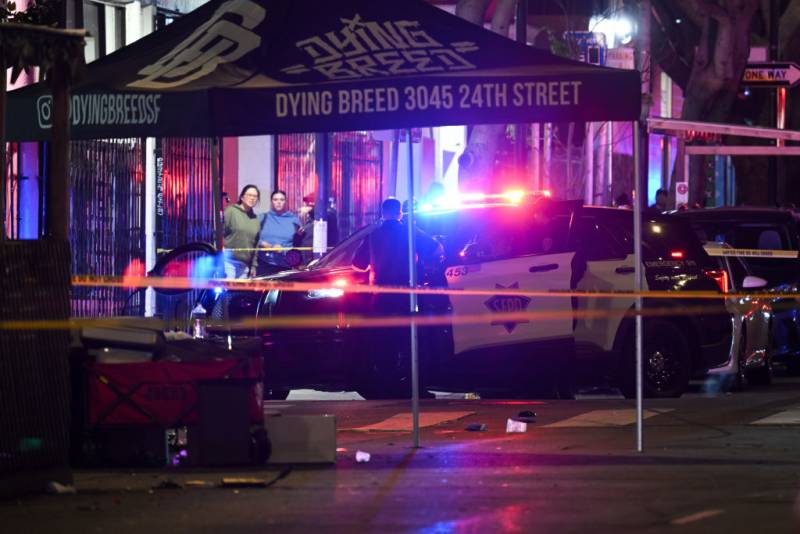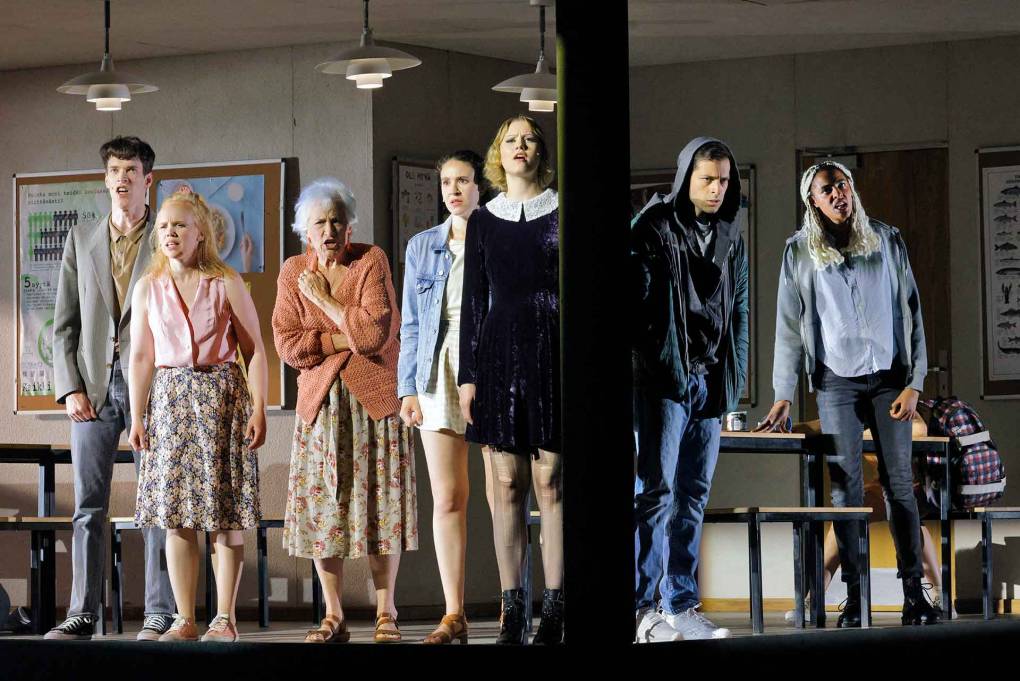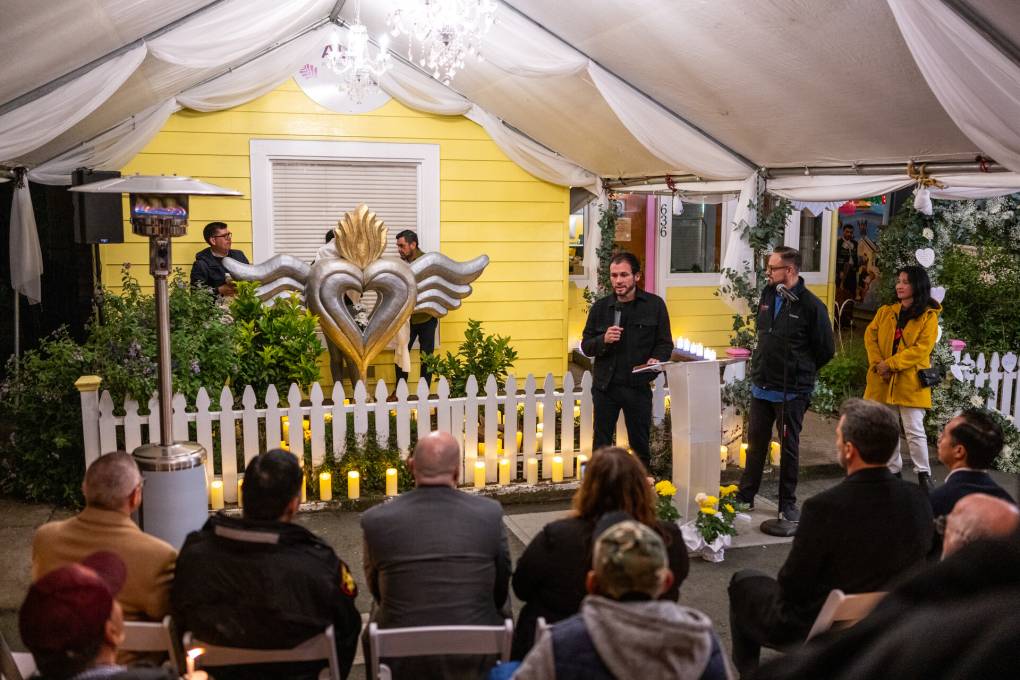Violators of the new ordinance would be charged with a misdemeanor and fined as much as $1,000, and could be put in jail for up to six months.
The push for more gun restrictions comes after a particularly violent weekend in San Francisco, in which a shooter on Friday night injured nine bystanders at a block party in the Mission District, and three more people were shot and injured two days later at a Mission Terrace nightclub.
Shootings in San Francisco have increased by 74% over the past five years, with 158 people in the city killed by firearms during that period, according to Stefani’s office.
“As Americans endure yet another year of deadly mass shootings, we must do more to protect our communities from gun violence,” said Chiu in a press release. “The Second Amendment was never intended to prevent people from safely exercising other fundamental rights like going to school, voting in person, or worshiping. There is a longstanding expectation that these sensitive areas should be free of firearms, and that expectation should be enshrined in the law.”
Rudy Corpuz Jr., founder and executive director of United Playaz, a San Francisco violence prevention and youth development organization, expressed support for the city’s latest gun-control proposal, vowing in a statement to “push and fight for more gun-violence prevention legislation that will protect our communities.”
Local gun-violence prevention laws across the country came under threat last year when the U.S. Supreme Court overturned a New York state law that restricted who could get a license to carry a concealed weapon in public.
Since the court’s 6–3 ruling in New York State Rifle & Pistol Association, Inc. v. Bruen, applications for concealed carry permits have increased noticeably in multiple cities, including San Francisco.
“We are no longer allowed to determine whether or not someone has good cause to carry a concealed weapon in public,” Stefani said at Tuesday’s press briefing. “This is a dangerous step backwards and a gross misinterpretation of the Constitution.”
A spate of public health studies, backed by data from the Centers for Disease Control and Prevention, shows that firearm death rates are generally lower in states with stronger gun-violence prevention laws.
“By implementing this prohibition, we can take a significant step towards safeguarding our community,” Stefani said. “This law will prevent acts of violence, reduce the risk of accidents and instill a greater sense of security in our public spaces.”
KQED reporter Christopher Alam contributed to this story.



